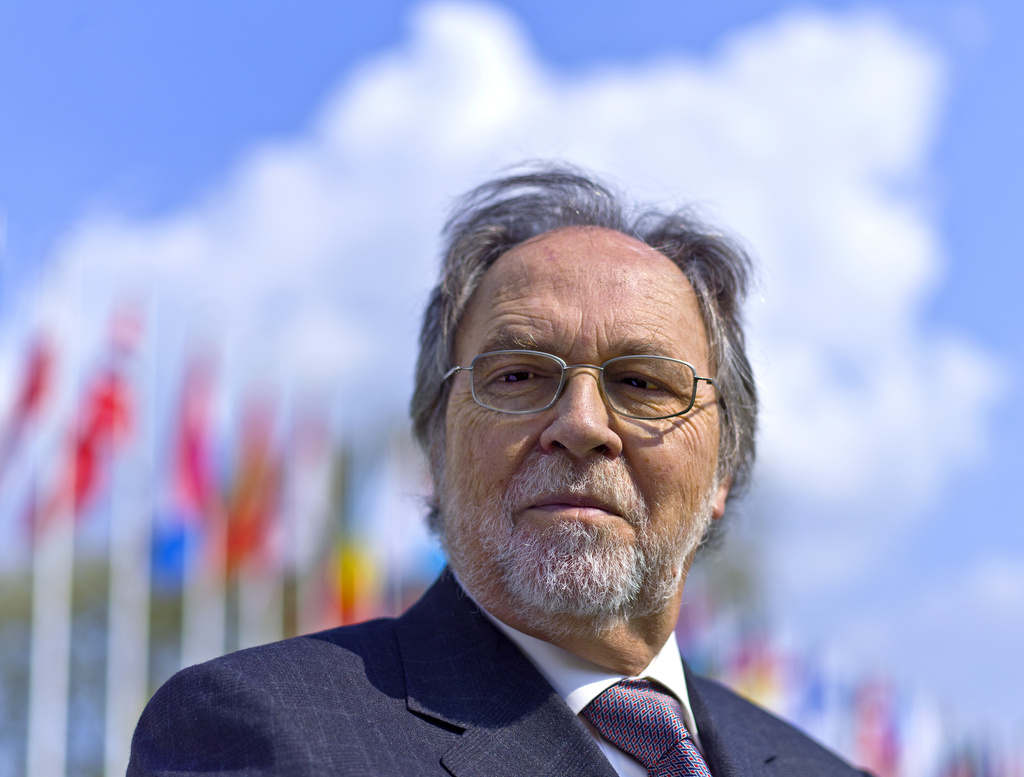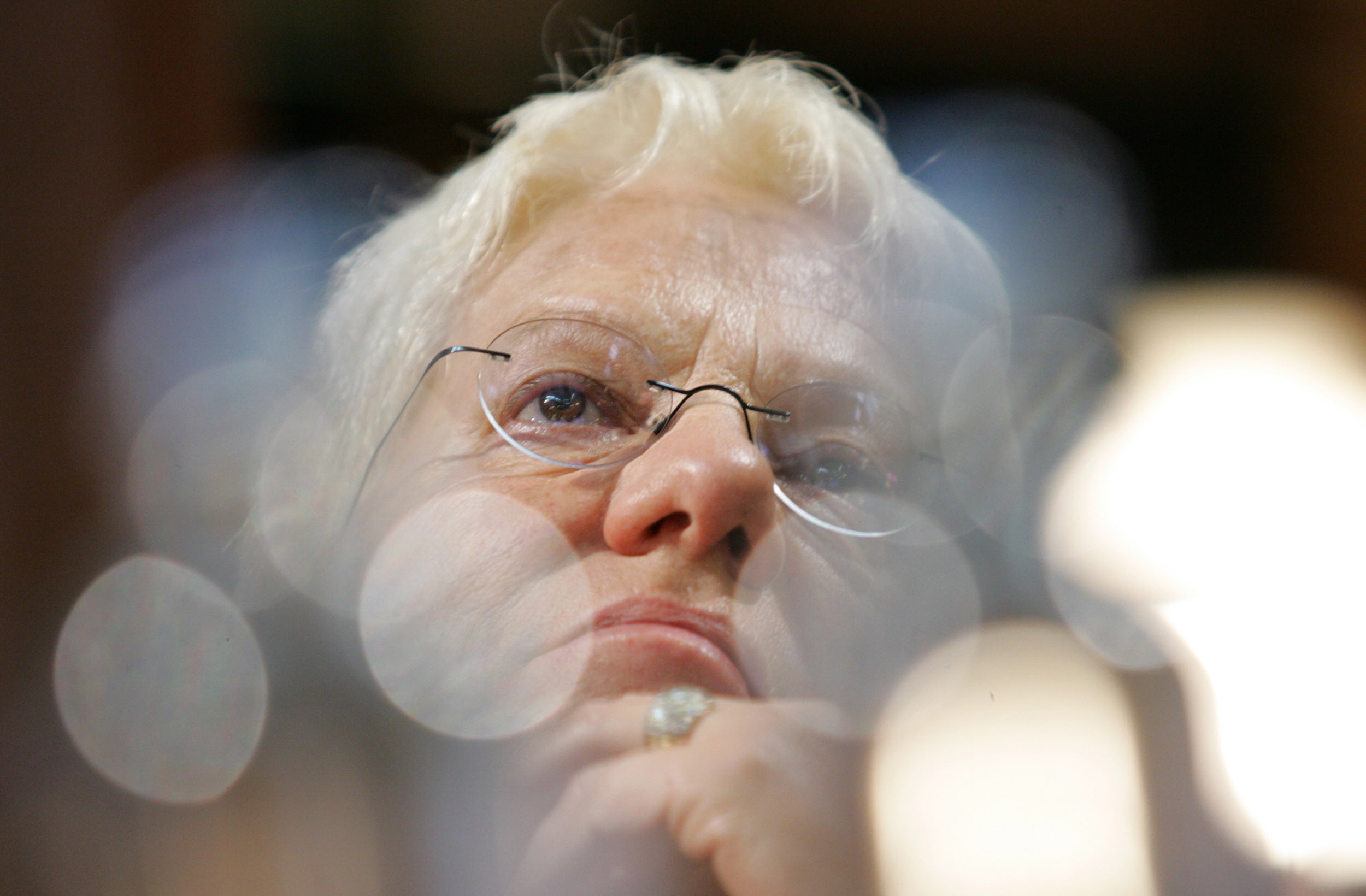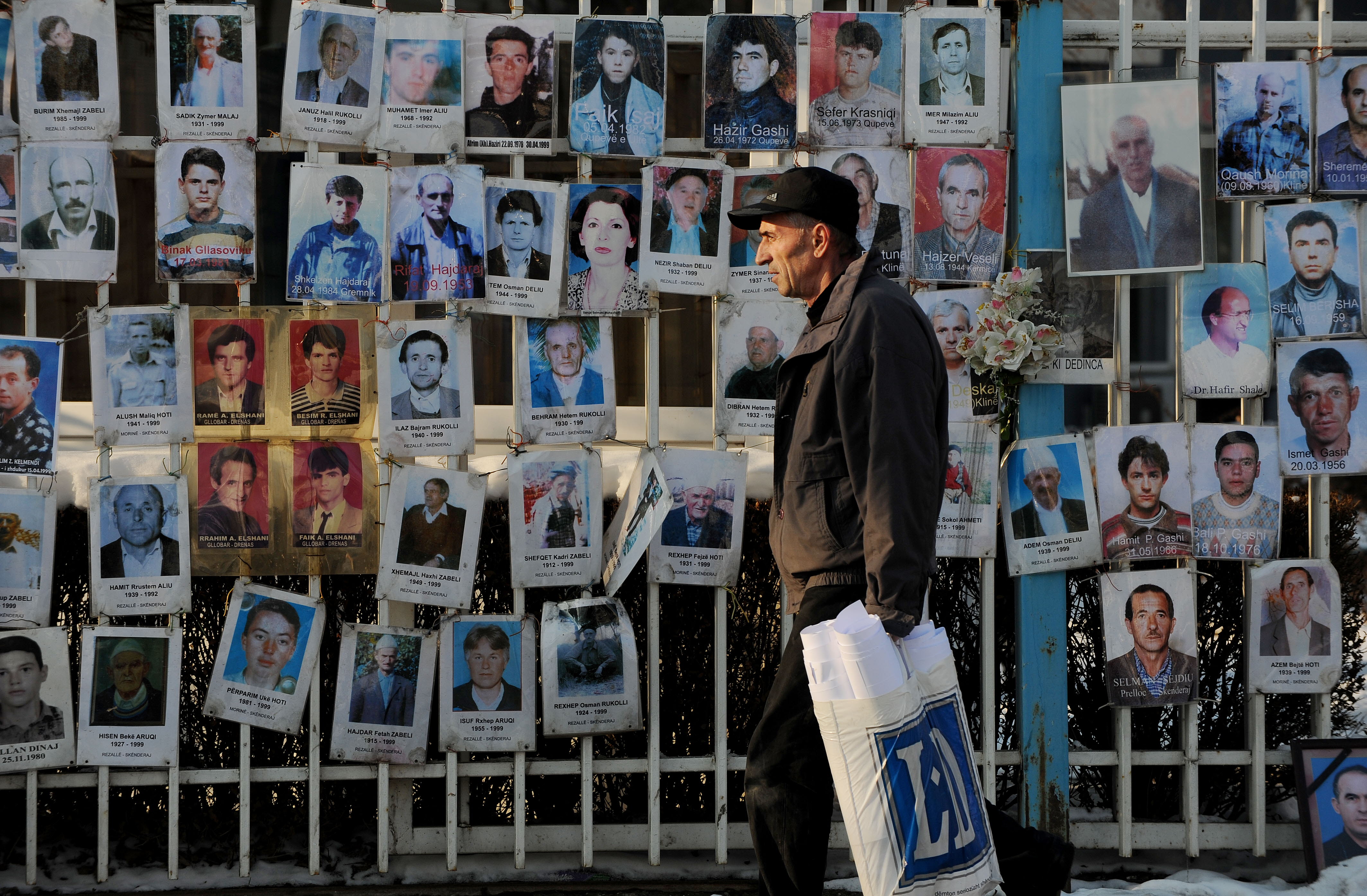Dick Marty to testify in organ-trafficking case
Judges in a trial of alleged organ trafficking in Kosovo have said they will call Council of Europe envoy and ex-Swiss senator Dick Marty as a witness.
Marty was the author of a report in December 2010 implicating high-ranking members of the Kosovo Liberation Army (KLA) in the murder of Serbian and Kosovo Albanian prisoners and the selling of their organs.
In the current trial in Pristina, seven suspects led by former Kosovo health secretary Ilir Rrecaj and Lutfi Dervishi, a prominent Pristina urologist, are accused of taking part in an illegal organ-trafficking network and illegal transplants at the Medicus clinic.
According to the indictment, the clinic carried out at least 30 illegal kidney removals and transplants in 2008, using donors from poor Eastern European and Central Asian countries, who were promised about 15,000 euros ($19,750) each.
“Dick Marty claims he has some important information on this issue so we will ask him what sort of information he has and what the sources of this information are,” presiding judge Arkadiusz Sedek from Poland said.
In his report on wartime abuses Marty had alleged that senior KLA commanders, including the current prime minister, Hashim Thaci, had been involved in organised crime and organ trafficking during and after the war.
The report set out claims that organs were taken from prisoners, many of them Serbs, held by the independence-seeking KLA rebels in Albania in the late 1990s. Both Kosovo and Albania denied the accusations and rejected the report.
In his document, adopted by the Council in Europe in 2011, Marty said he had found “credible, convergent indications” that the wartime organ trafficking “is closely related to the contemporary case” of the Medicus clinic.

In compliance with the JTI standards
More: SWI swissinfo.ch certified by the Journalism Trust Initiative












You can find an overview of ongoing debates with our journalists here . Please join us!
If you want to start a conversation about a topic raised in this article or want to report factual errors, email us at english@swissinfo.ch.